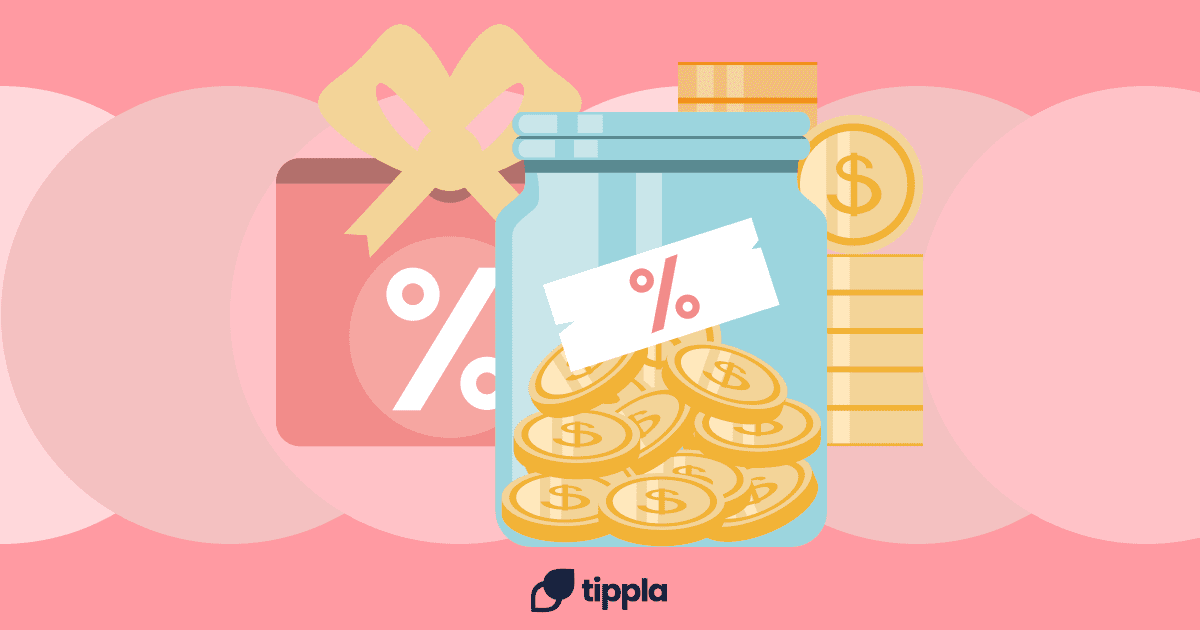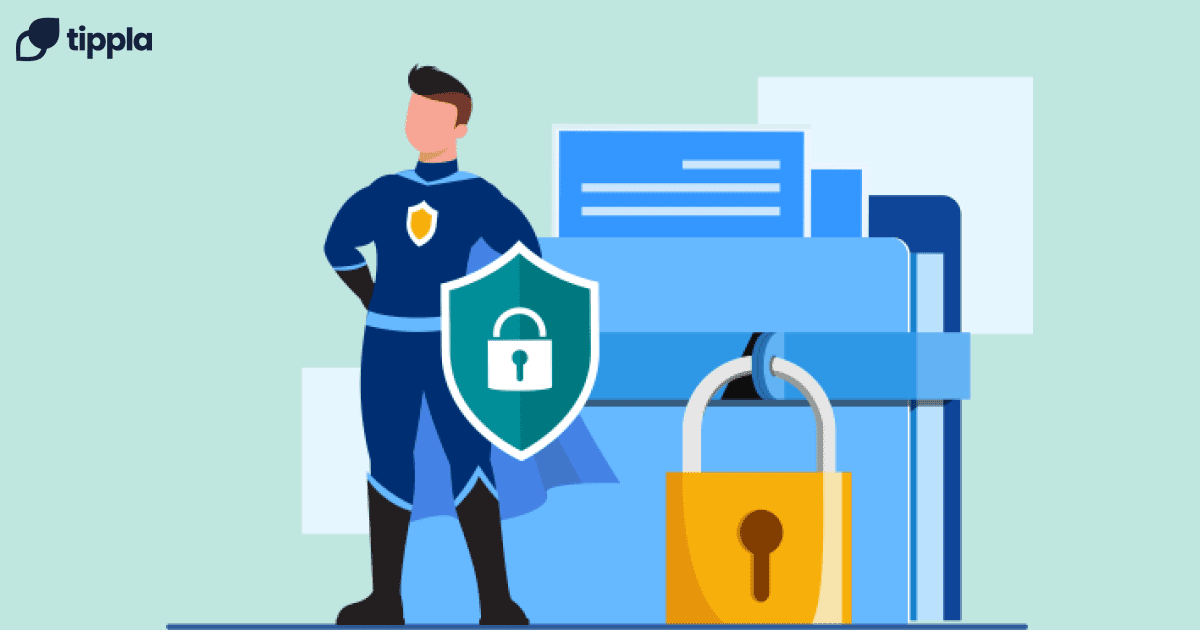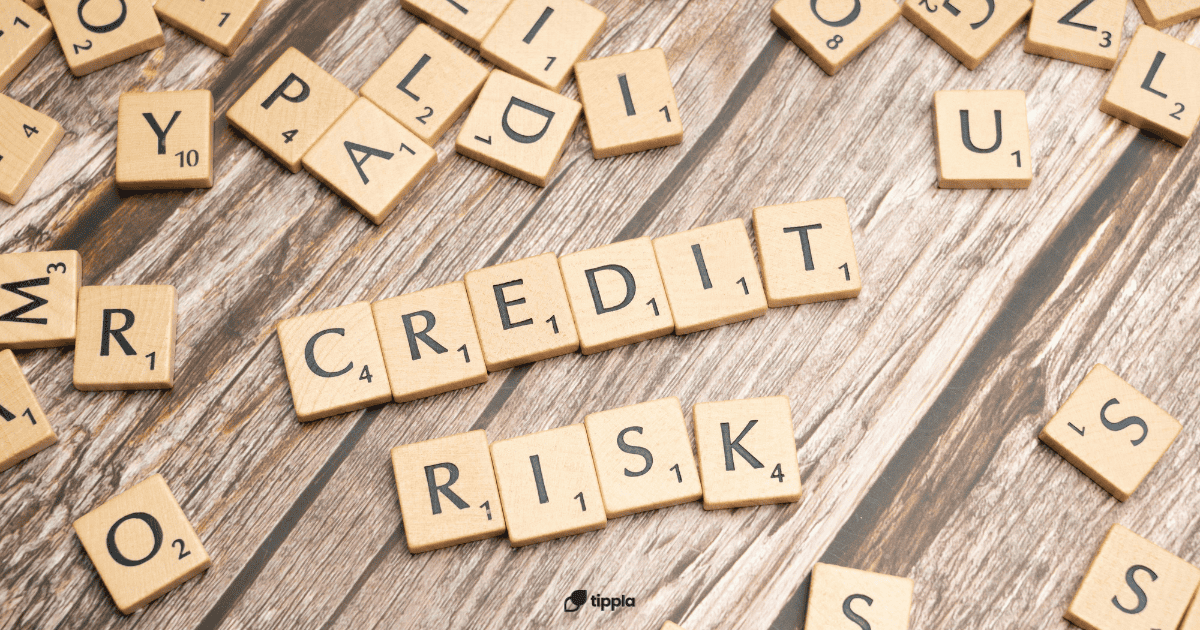Published in July 28, 2021
Checking accounts vs. Savings accounts

There are a lot of similarities between checking and savings accounts. To avoid any confusion we’ve put together a breakdown of checking vs savings accounts.
The difference between checking vs savings accounts
Before opening a bank account, regardless of the bank, you’ll always be asked the same question: Do you want to open a checking or savings account?
Although both checking and savings accounts are considered similar helpful financial tools, they have different features that you should be aware of before opening an account. The majority of users generally benefit from having both as they can complement each other, but it’s still important to understand their limitations and how they could each benefit your financial goals.
What is a checking account?
A checking account is an everyday transaction account that pays little or no interest. With the use of debit cards, you can access your funds to either withdraw money or make payments.
Pros of checking accounts
– Easy access to your funds to make payments or for the use of everyday transactions.
– Checking accounts are very liquid; meaning you’re allowed to make multiple deposits and withdrawals.
Cons of checking accounts
– Most checking accounts little to no interest.
– Little to no advantages to long term savings, therefore you’d be better off considering other accounts for savings benefits.
What is a savings account?
Savings account are beneficial for your long term financial goals. You earn interest annually, upon depositing money into your savings account. This means the bank pays you interest on your balance. Depending on the bank, the interest rate varies. In summary, savings accounts are the best option for depositing money that you won’t access immediately.
Here are different types of savings accounts:
– Transactional Accounts: Most liquid account, used for short term withdrawals.
– Term Deposit: Account that provides a high fixed interest rate in exchange for locking in a certain amount of money for a fixed period.
– Online savings: Account used for saving money on a long term basis in exchange for interest rates pa.
Pros of savings accounts
– It helps maintain a stable money balance.
– Offers interest rates per annum.
Cons of savings accounts
– Interest rates aren’t as high as term deposit accounts
– Many banks limit the number of transactions made monthly, if not daily. This means savings account are less liquid than other accounts.
The difference between checking and savings accounts
You may wonder which account is better, savings or checking? The majority of users benefit from opening both at once, as a checking account would benefit your day to day transactions, whilst savings aids with long term financial stability.
Checking vs savings account uses
Checking accounts are typically used for everyday transactions, and you are usually provided with a debit card for cash withdrawals and payments. On the contrary, savings accounts aren’t created for everyday transactions, they’re beneficial for saving funds and earning interest.
Withdrawal restrictions
All if not most checking accounts have no limit to the number of withdrawals you make. Depending on your bank, you may have certain dollar limits on larger transactions made from checking accounts.
Savings account have transaction limits per month, to help maintain a stable balance for users to earn interest. In some cases, you may have no limit on transactions made with ATM’s or in-person withdrawals.
Minimum balances
Generally, both savings and checking accounts don’t require a minimum balance. Depending on your financial institution, you might need to make a minimum deposit before opening your savings account. This is usually to cover setting up costs or monthly maintenance fees.
Fees
Some checking account fees may include:
– Overdraft fees: Fees assigned for the withdrawal of more money than is available in your account.
– ATM fees: A small amount of interest charged when using an out-of-network ATM.
– Monthly fees: Although rare, some banks charge fees for having a low balance
Some savings account fees may include:
– Monthly maintenance fees: This fee covers maintaining account minimums, linking accounts, and setting up fees.
– Monthly fees: Some banks charge a fee for spending more money than what’s in your account.
Interest Earned
In terms of interest, neither savings nor checking accounts provide high-interest rates. Checking accounts typically earn little to no interest, depending on your bank. On the contrary, savings account interest is higher but not as high as other types of accounts.
Checking vs savings account questions
Are you trying to make a decision on whether you need a checking or savings account or both? Here are some questions you should ask your banker, to help determine which account best suits your financial goals.
– What will this account be used for?
– Do I need easy access to the money in the account?
– What are the fees and limits with each account?
– What interest rates are offered for each account by the financial institutions?
– Should I open a savings and checking account with the same financial institution?
– Which should I open a bank account with, bank or credit union?
– Should I open an account with an online bank?
Common checking and savings account definitions
Here are some important terms to help you meet your financial goals and make the right choice, regardless of the account you choose to open.
– Interest p.a.: Amount of interested earned annually
– Direct deposit: A tool offered by banks to deposit recurring income to your account
– Interest: Percentage of money paid for a sum of money
– Overdraft: Extension of credit granted from the bank when your account is negative.
– Withdrawal: Taking money out of your bank account.
Learn more about how the accounts you hold can affect your credit score by signing up with Tippla for just $4.95 a month. You can also head to the Moneysmart website for more info on banking.
While we at Tippla will always do our best to provide you with the information you need to financially thrive, it’s important to note that we’re not debt counsellors, nor do we provide financial advice. Be sure to speak to your financial services professional before making any decisions.
Related articles

How Is Interest Charged For Personal Loans?
22/10/2021
It can be difficult to understand how interest works...

How to Prevent Mistakes on Your Credit Report
22/10/2021
Whilst mistakes on your credit report can be common,...

Does Opening a Brokerage Account Affect Your Credit Score?
10/04/2025
Your credit score is one of the most important...

Why You Need a Mortgage Broker to Buy Property in Sydney
29/10/2024
Remember that crazy days when over 200 interested parties...
Subscribe to our newsletter
Stay up to date with Tippla's financial blog